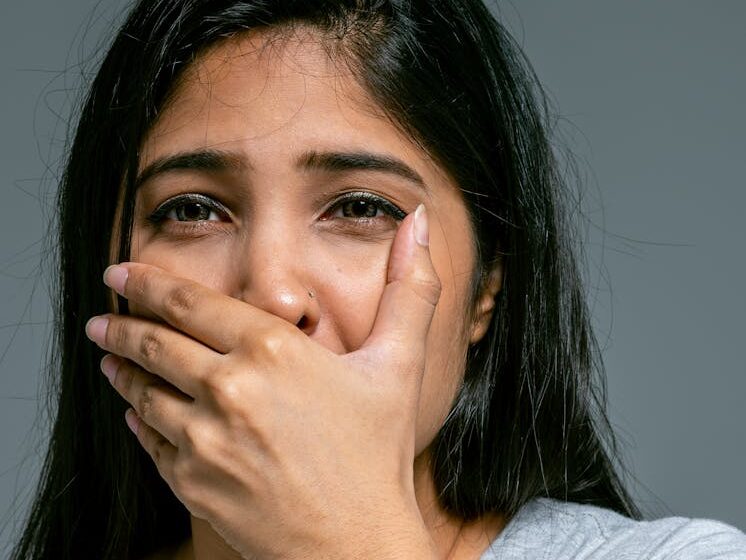
Walking away from religion is rarely simple. People can hold serious doubts while still showing up at services, saying the prayers, and living within traditions. Often, what keeps them isn’t faith itself but the consequences of leaving. Here are 15 reasons people stay tied to religions they no longer fully believe in.
Family Pressure and Expectations

Religion often functions as a family legacy. Parents may expect their children to follow the same faith, and grandparents may see religious loyalty as a sign of love. When doubt arises, many keep silent to avoid breaking hearts or causing conflict at home. It’s easier to quietly conform than to risk being labeled as ungrateful, rebellious, or a disappointment to loved ones.
Fear of Social Rejection
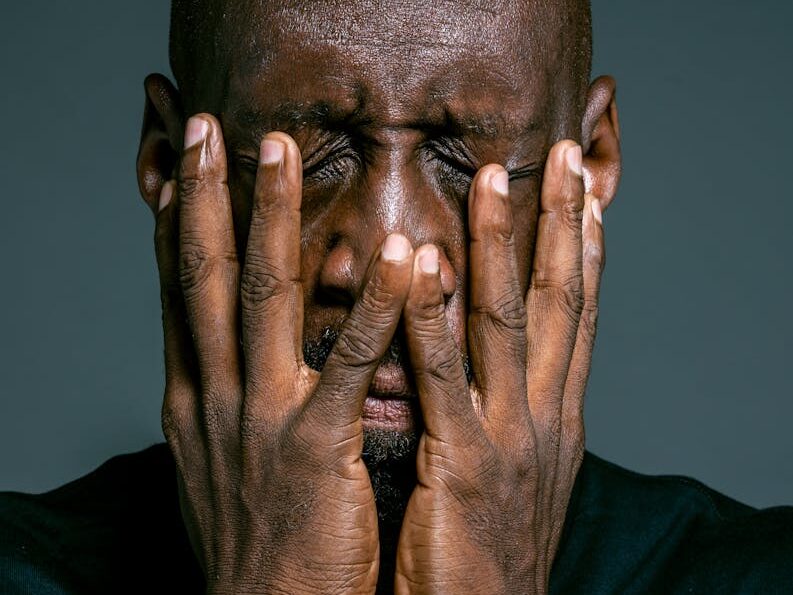
Communities built around religion can be close-knit. They celebrate together, raise children side by side, and provide support during crises. For doubters, leaving can mean losing that entire social circle overnight. To avoid gossip, judgment, or cold shoulders, many keep their doubts hidden. Belonging often feels safer than standing alone, even if the belief itself has faded.
Cultural Identity and Heritage

For some, religion isn’t just faith — it’s culture. Traditions like Christmas, Ramadan, Passover, or Diwali feel inseparable from identity. Even those who no longer believe may still light candles, join festivals, or attend ceremonies because those rituals carry heritage and nostalgia. To leave religion can feel like cutting away part of one’s cultural roots. Doubt doesn’t erase that sense of belonging.
Fear of Punishment or Hell
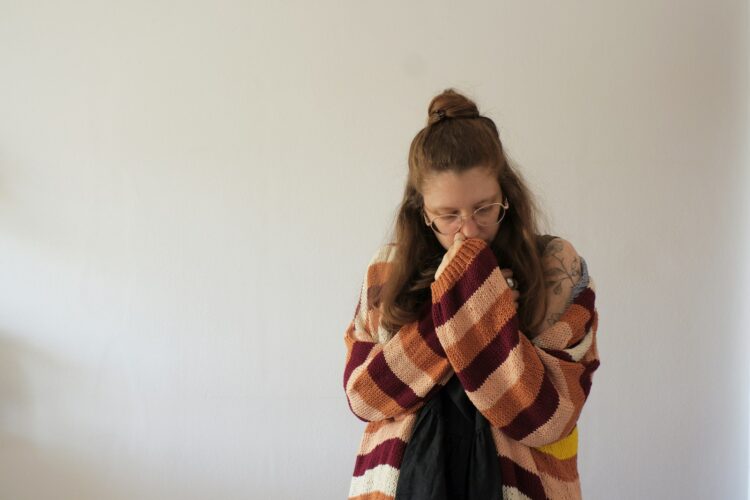
Fear is one of the strongest anchors. Teachings about eternal punishment, divine judgment, or karma can linger even after belief weakens. Many who doubt still feel a haunting voice that whispers, “But what if it’s true?” That fear can keep them attending services or following rituals, not out of faith but out of caution. Religious fear, planted early, is hard to uproot.
Habit and Routine
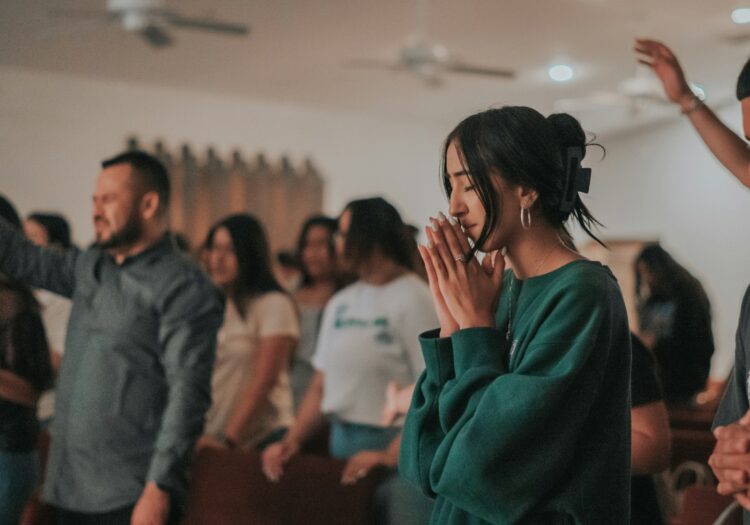
Religious practice often becomes woven into daily and weekly life. Attending services, saying prayers, or marking holy days can feel automatic after years of repetition. For many, stopping creates a void that feels unnatural. Even when belief fades, the comfort of routine keeps people engaged. Habit can be a powerful force — one that feels easier to maintain than to break.
Respect for Elders and Authority

In many cultures, honoring elders means honoring their faith. Even if someone doubts, they may continue outwardly practicing to show loyalty and respect to parents or community leaders. Breaking away can be seen as dishonoring one’s heritage or shaming the family name. Out of duty and respect, many choose silence over confrontation, carrying doubt quietly instead of openly.
Fear of Change

Religion offers stability and structure. Leaving means reshaping identity, worldview, and daily life. That kind of change is daunting. Doubters often stay not because they believe, but because they fear the upheaval that comes with leaving. The uncertainty of starting fresh without faith can feel scarier than staying put in quiet conflict. Familiarity is safer, even when it no longer feels true.
Community Benefits
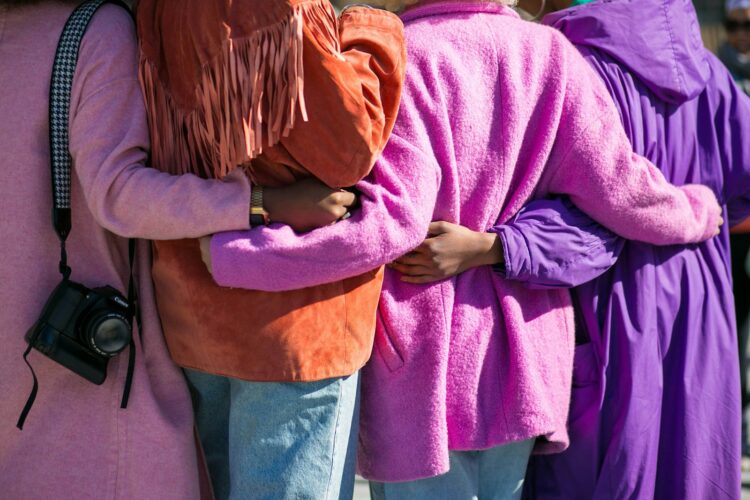
Religious communities often provide more than spiritual comfort. They also offer childcare, mentorship, friendships, and even job opportunities. For some, the community is a lifeline. To leave religion means potentially losing all of those support systems at once. Even if belief weakens, the tangible benefits of belonging make people hold on.
Hope for Meaning and Comfort

Rituals, prayers, and ceremonies often bring comfort in grief or uncertainty, even when belief in them is shaky. For many, religion remains a source of meaning, even if they question its truth. People may cling to it not because they’re convinced, but because it still provides a sense of hope and reassurance that’s hard to replace elsewhere.
Guilt and Shame Conditioning

Many religions instill the idea that doubting or questioning is sinful. Those messages become ingrained from a young age. Even when people stop believing, guilt lingers like a shadow. They feel wrong for even thinking about leaving. To avoid that internal conflict, some keep practicing outwardly while holding their doubts inside. Guilt is often more powerful than disbelief.
Children and Parenting
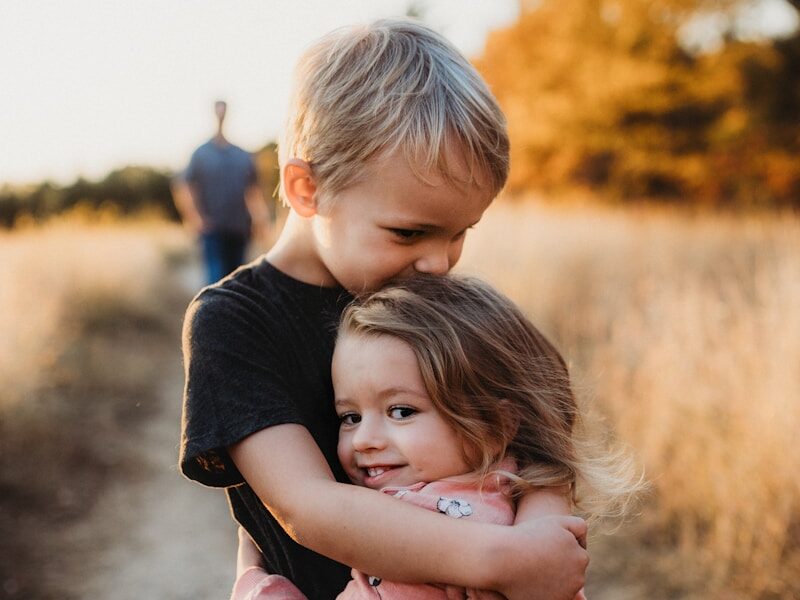
Parents may doubt, but still raise their kids within the faith. They may believe religion provides structure, moral grounding, or a sense of community for their children. Sometimes, they worry their kids will be judged or excluded if the family leaves. So they continue showing up for the sake of appearances, wanting to protect their children from being outsiders.
Personal Identity Tied to Faith

When religion has shaped you since childhood, it becomes more than belief. It also becomes part of your identity. Doubting doesn’t instantly undo that. Many stay because they don’t know who they’d be without religion. Walking away feels like losing not just a set of teachings, but part of themselves. It’s easier to live with quiet doubts than to face that identity crisis.
Fear of Disappointing God

Even when people question doctrine, the emotional bond to God can remain. Many feel hesitant to turn away because they worry about letting God down, or being unfaithful to a being they once trusted. Doubt may be strong, but the fear of betraying that relationship lingers. In some cases, it feels easier to stay than to risk divine disappointment.
Lack of Alternatives

For many, religion is the only framework they’ve known for morality, community, or purpose. Without it, life can feel directionless. People may doubt the details, but still hold on because they can’t picture a life outside of faith. Without an alternative worldview, religion remains a default structure — even for those who no longer fully believe.
Fear of Being Wrong
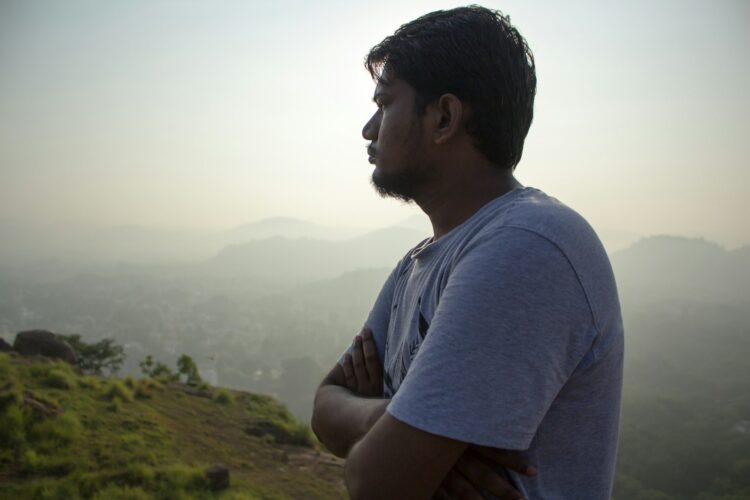
The possibility of “what if I’m wrong?” keeps many tethered. Even when logic tells them otherwise, they hold back from leaving because the stakes feel eternal. If the religion is right, leaving could mean losing everything. That fear of making the ultimate mistake — being wrong about the afterlife, morality, or truth — keeps them practicing, even without conviction.

